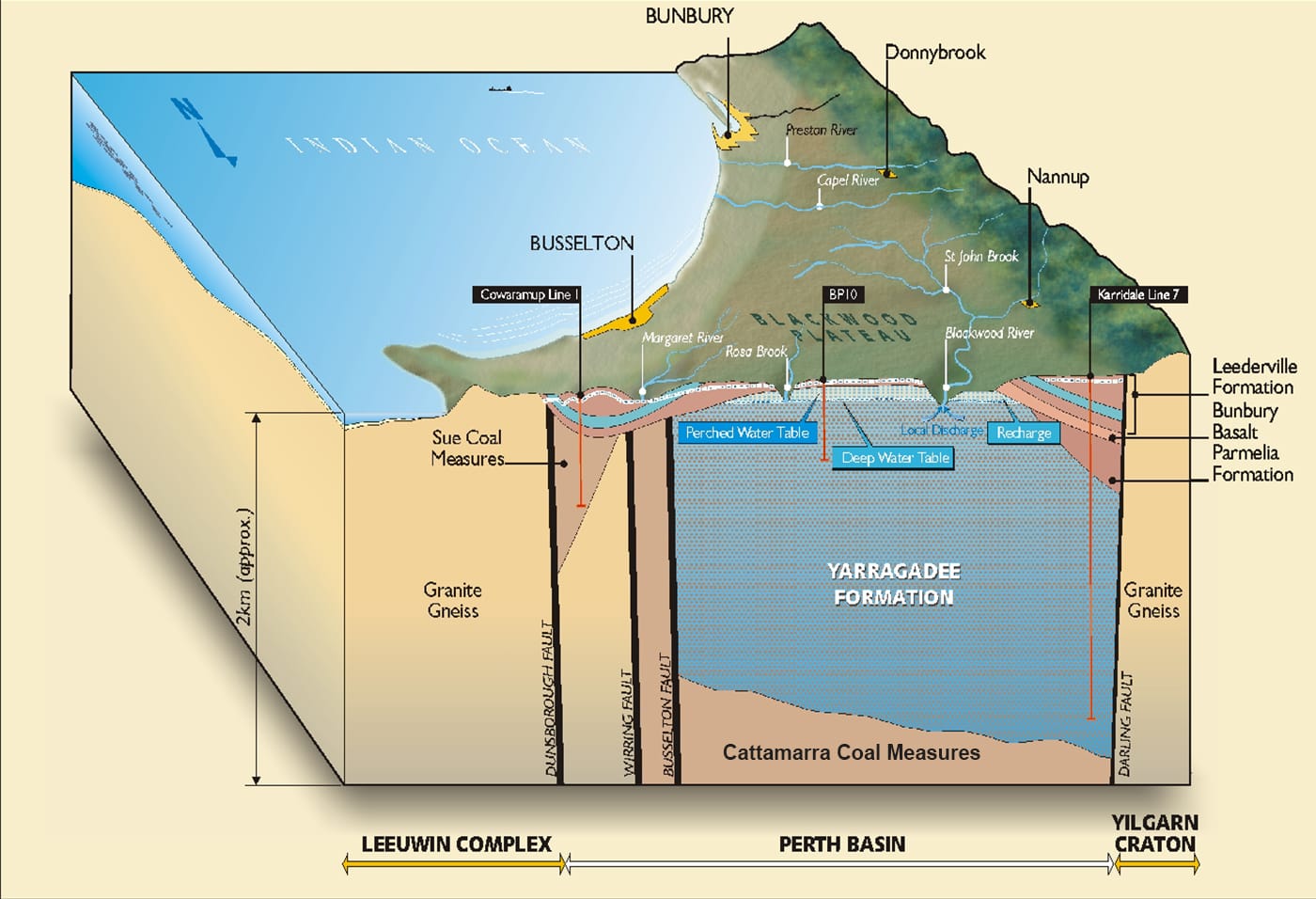About water
The total amount of water on Earth has remained constant for thousands of years, this means that the only water we will ever have, we have right now.
During a 100 year period, a drop of water spends about 98 years in the ocean, 20 months as ice, about two weeks in lakes and rivers and less than a week in the atmosphere.
Groundwater can take a human lifetime (80 years) to travel between one and two kilometres underground.
Water plays a big role in controlling the Earth’s temperature.
Water is the only substance that’s found naturally on Earth in three forms – liquid, gas and solid.
Frozen water is 9 per cent lighter than liquid water, which is exactly why ice floats in your drink!
Salty water can be treated and used for drinking water. Reverse Osmosis is the desalination process that removes salts and other impurities. At the end of the process the pure water goes through a post treatment cycle where lime, chlorine and fluoride is added before the water is stored ready for use in the integrated water supply system.
How much water?
Water covers 71 per cent of the Earth’s surface but only 3 per cent of this water is fresh
Oceans contain 97 per cent of the Earth’s water
More than three quarters of the world’s fresh water is not available because it is locked in ice caps, is inaccessible or is polluted
If the world’s water supply was only 100 litres, our usable amount of fresh water would be only about 0.003 of a litre enough to fill half a teaspoon
The total amount of water on Earth has remained constant for thousands of years, this means that the only water we will ever have, we have right now
There is about 1,358 million cubic kilometres of water on Earth.
An average adult has 37 litres of water in their body:
Brain – 70 per cent water
Blood – 82 per cent water
Lungs – 90 per cent water
Eyes – 95 per cent water.
A person can live approximately one month without food but only about one week without water:
A 2 per cent drop in body water can trigger short-term memory loss
The number one trigger of day time fatigue is lack of water
Water is exceptionally important to maintain body temperature
Every living cell in the body depends on water for its survival
Where does Bunbury's water come from?
Not from dams or desalination plants – Bunbury’s water is pumped by Aqwest from the Yarragadee Aquifer.
This large, underground fresh water supply is deep underground and stretches from Bunbury to Nannup.
While it is recharged with rainfall which percolates through the ground, it is still a limited resource which must be conserved and protected.
The water used now will affect the amount of water available in the future.
The Bunbury community is doing a great job of minimising water use, so keep up the good work and help conserve our most precious resource!


